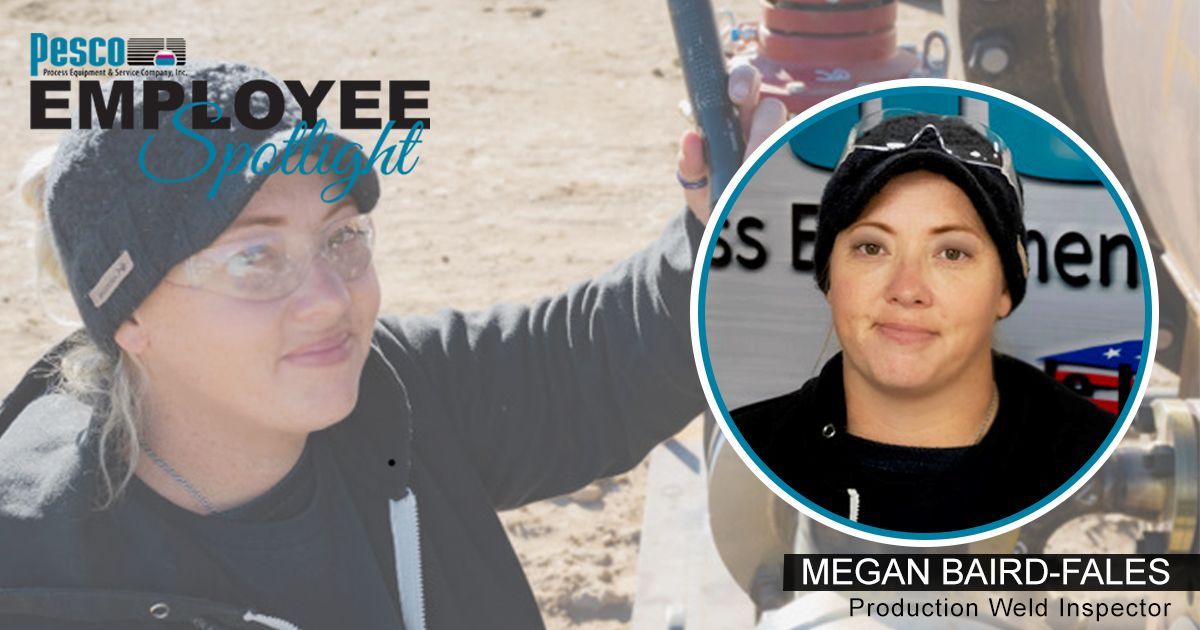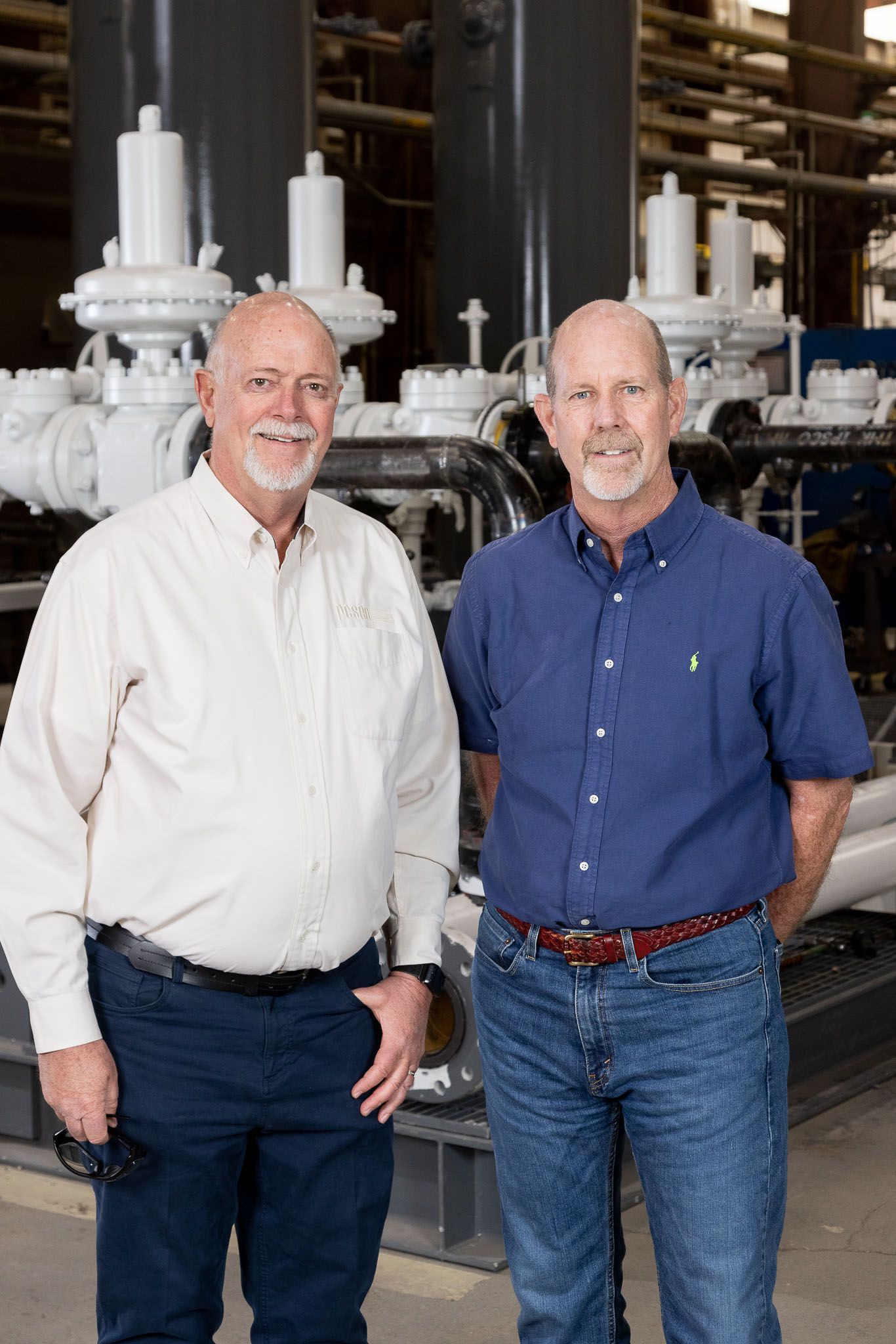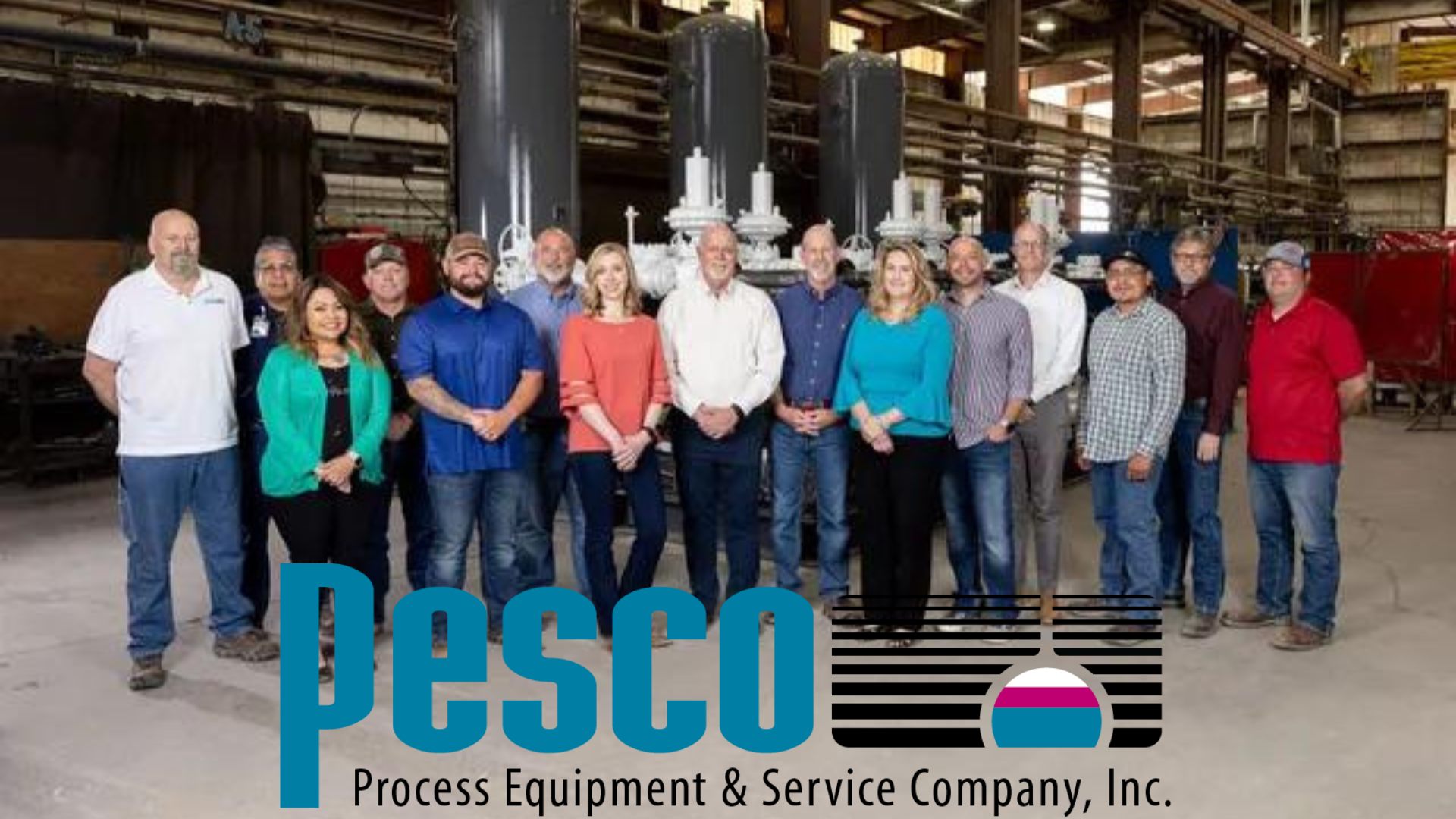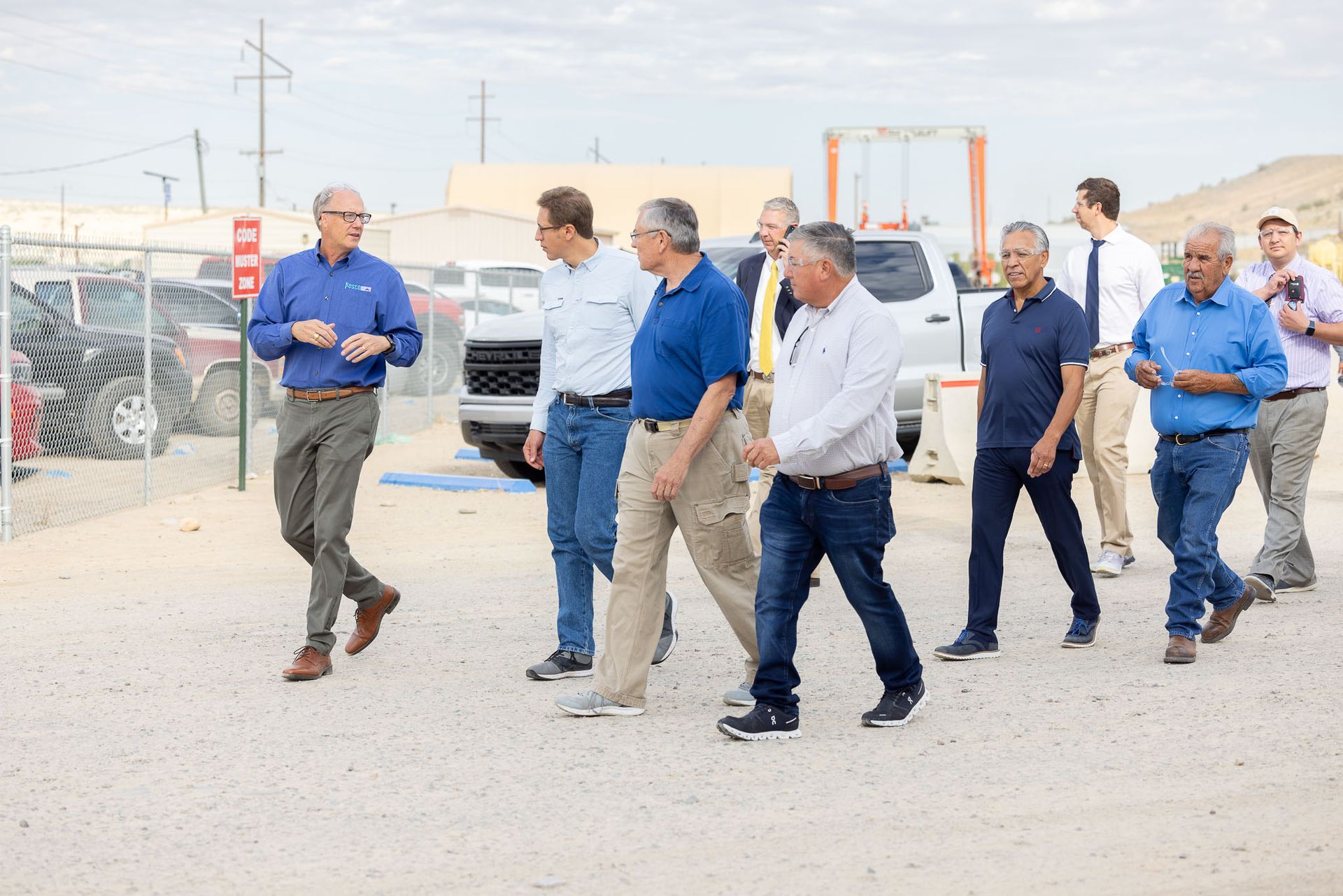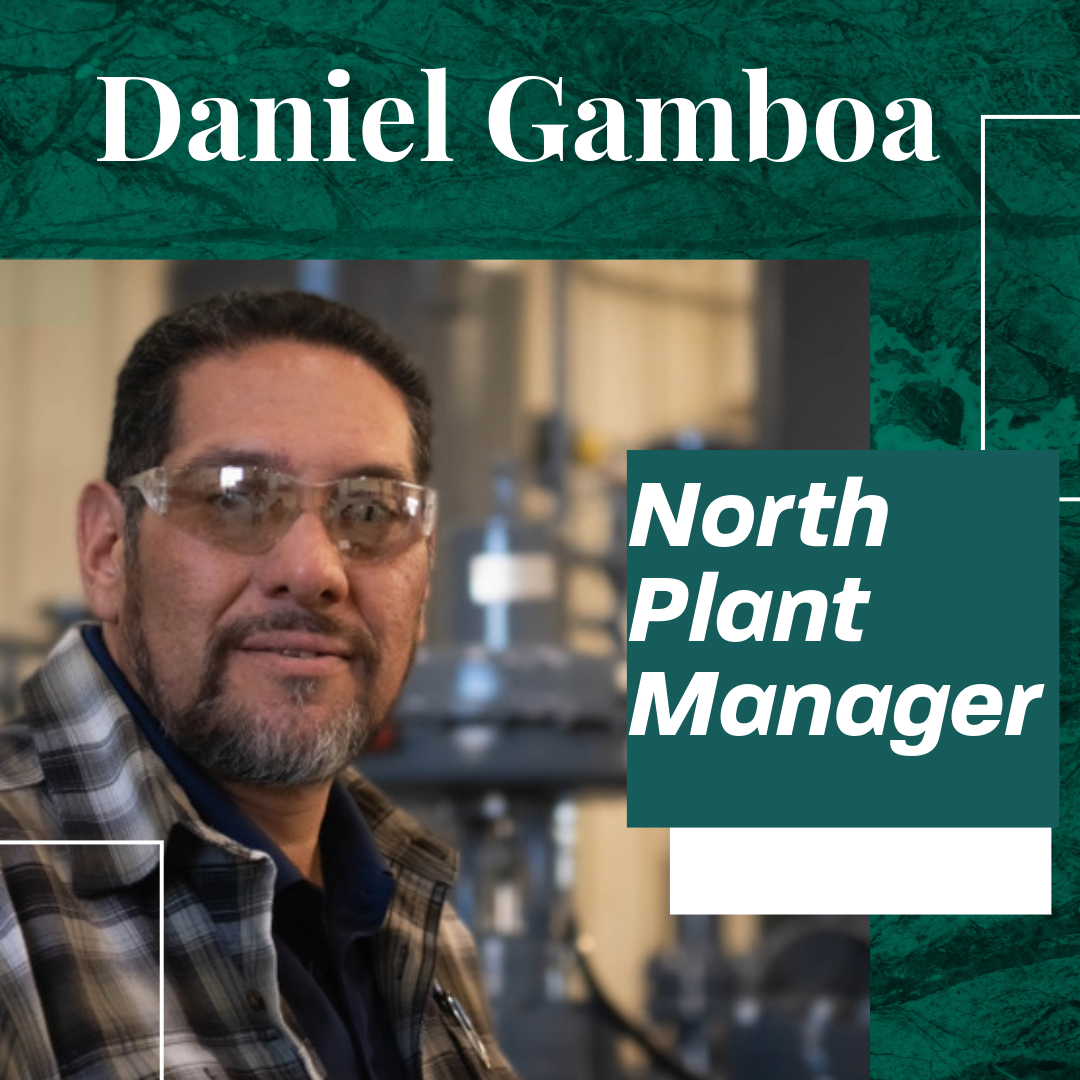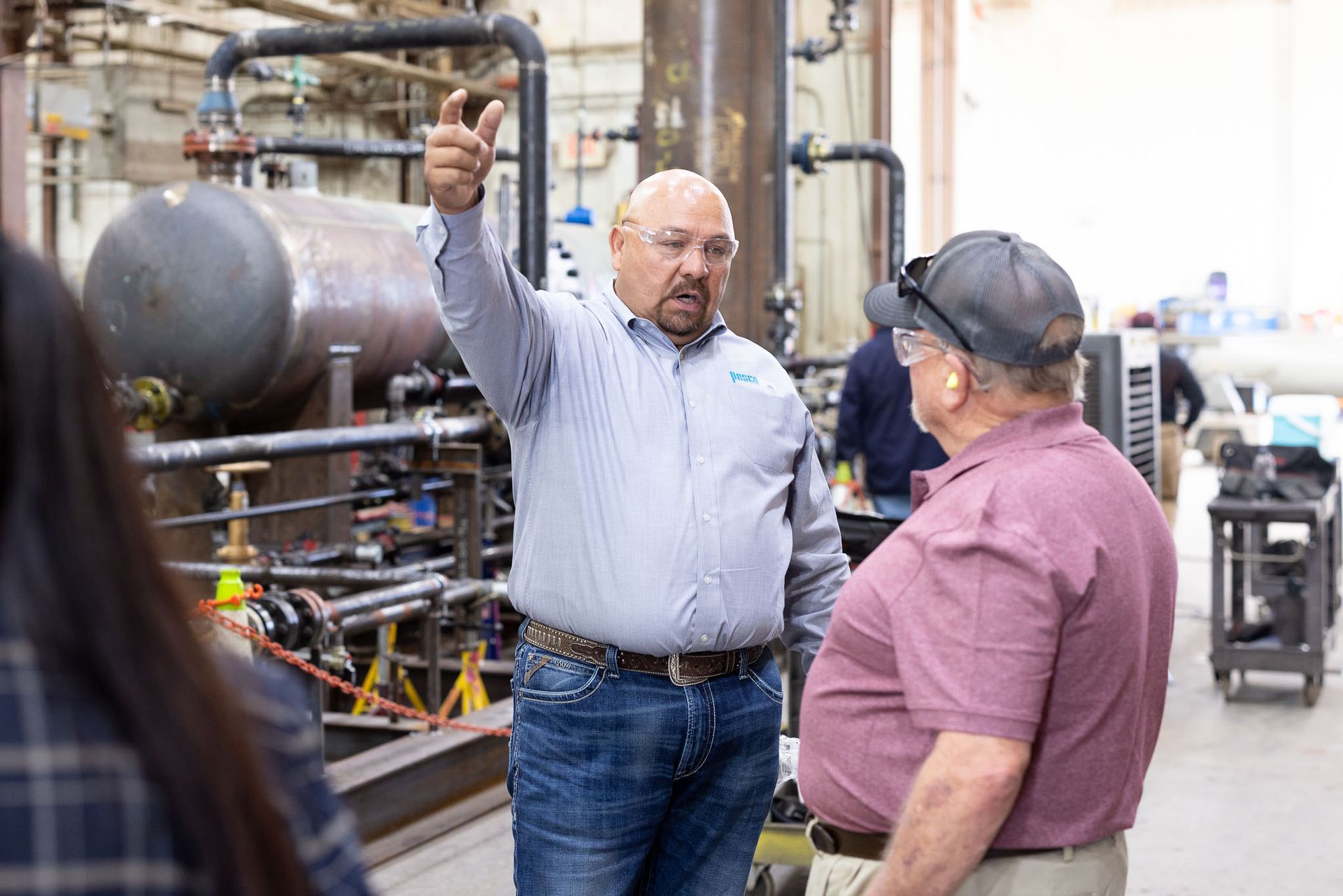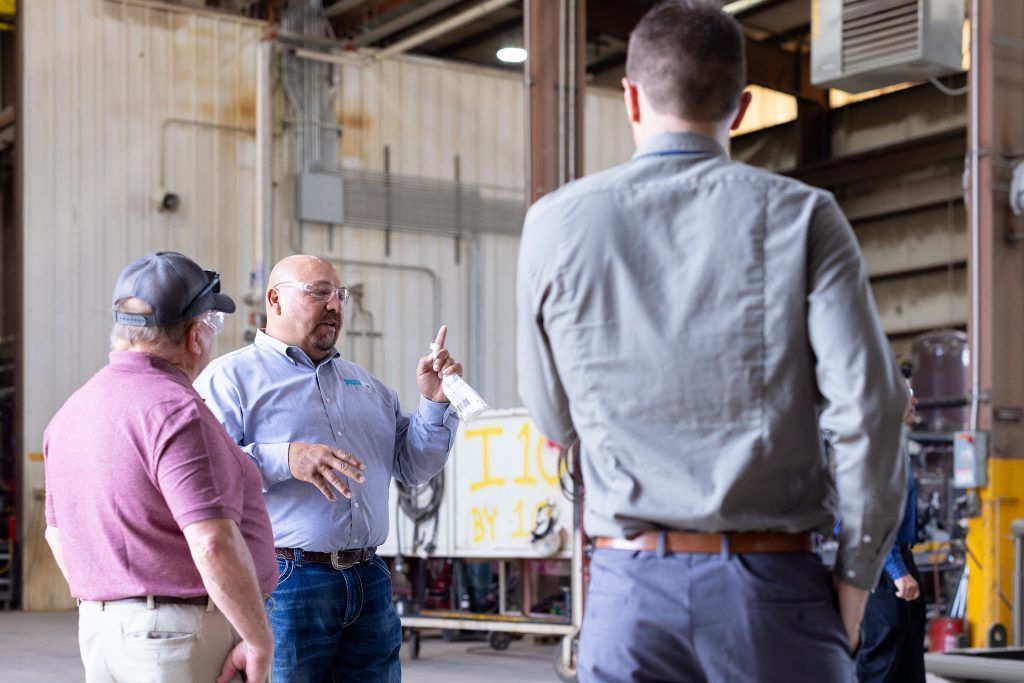Dirt Fueled Battery

Limitless Power From Dirt
Microbial Fuel Cells are not a new idea. The concept of harvesting and harnessing power from the microbial activity found in dirt has been around for decades. But with the idea has also come a fair share of problems. From high cost and low energy output to reliability and efficiency, MFCs haven’t been a big player in the energy game. But with recent research - and success - a dirt-powered battery may just be plausible in our future.
Where Persistence Pays Off
At Northwestern University, MFCs might have finally earned their spot in the limelight. Researcher and developer Bill Yen said alumni were motivated to create a decentralized network of devices that didn’t rely on Lithium batteries, heavy metals, or other toxins that pose a threat to the environment. By utilizing the microbial activity in dirt one can efficiently capture and harness a small amount of power that can be used in lower-power operations and applications. This makes MFCs ideal for tasks involved in farming.
Where traditional MFCs struggled to work in overly wet areas or too dry climates, there was also the factor of adequate sunlight, debris complications, and power output. In a standard MFC model, the anode and cathode run parallel to each other. Because of this setup, debris can obstruct operations. But instead, the Northwestern team ran their model perpendicularly. This placed the power-generated elements buried in the dirt and kept the cap above ground to continue the oxygenation required for electricity generation, minimizing debris interference.
Essentially this vertical design guarantees that everything is in its designated place, no debris can enter the device, and it can continue to function in dryer soils and even in flooding.
And what’s more? Northwestern’s new design not only generated enough power, but generated 68 times as much power as needed to run its sensor - those are good odds.
Where can we use it?
This new MFC could potentially play an exciting role in the agriculture realm. The agricultural industries could greatly benefit from small sensors that could monitor activity (like water output, soil temp, etc.) in order to maximize efficiency. These would increase productivity and output.
As of right now, implementing an MFC sensor system has proved difficult. From the sheer amount of devices installed, to the time it takes to change and check batteries, to the unreliable feedback, it’s not a viable investment for farmers. But with Northwestern’s new MFCs, all of these problems could be solved. With its small design, it’s not only feasible to install these throughout acres of crops, but it’s very realistic to see how they could reliably transfer and monitor data during a variety of weather conditions, making crop production more efficient and predictable.
The best news? The cost. In the past, MFCs have been counterintuitive due to their high cost. But now? Northwestern built their entire unit out of parts from the hardware store. Cost is now no longer a huge factor in the MFC game. With a new design and a few tweaks to an old method, these new MFCs may just be the next phase in farming.
Keep A Look Out
So keep a lookout for MFCs and how they’ll play a part in tomorrow’s energy game. With the potential to capture almost limitless energy from dirt, it’s an exciting new avenue with lots of potential and few, if any, risks. That’s something we can all be excited about.
Our Recent Articles
